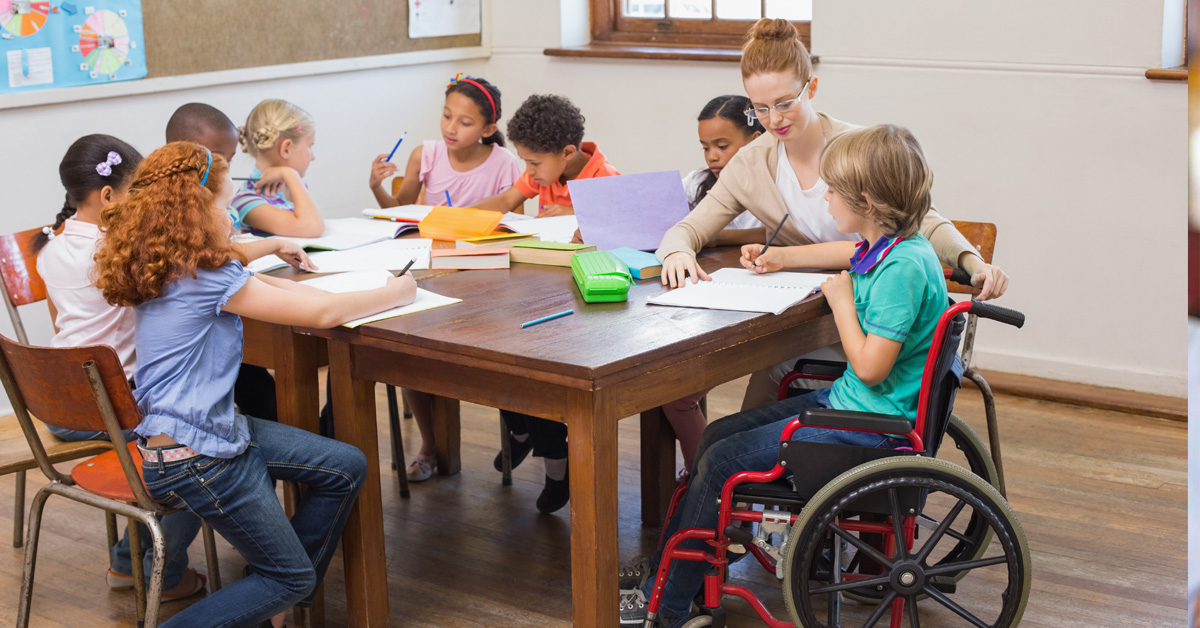As a parent navigating New Jersey’s special education system, you’re already a fierce advocate for your child. But in the complex world of IEPs and 504 plans, crucial technology accommodations often remain hidden in plain sight—tools and resources your child is entitled to, but that many parents simply don’t know to ask for.
Why Technology Matters More Than Ever
Today’s classroom technology goes beyond being “helpful.” Used properly, technology can be transformative for students with special needs. The right digital tools can:
- Level the playing field between your child and their peers
- Build independence and confidence in learning
- Provide personalized support that busy teachers can’t always offer
- Develop skills that translate directly to future academic and career success
Game-Changing Accommodations That May Help Your Child
A. Text-to-Speech and Speech-to-Text Solutions
Did you know? Under New Jersey Administrative Code 6A:14, schools must provide assistive technology when it’s necessary for a student to receive appropriate education.
- Text-to-Speech (TTS) Programs: Apps like Learning Ally and Bookshare can read textbooks and worksheets aloud—perfect for students with dyslexia, visual processing disorders, or visual impairments
- Speech-to-Text Software: Programs like Dragon Naturally Speaking allow students who struggle with writing to dictate their thoughts—transforming a 30-minute writing assignment into a 5-minute conversation
B. Organizational and Executive Function Support
Executive functioning challenges are often overlooked in IEP meetings, yet they impact nearly every aspect of learning.
- Digital Planners and Reminder Systems: Tools like MyHomework or Google Calendar with automated reminders can help your child track assignments
- Task Management Apps: Visual scheduling apps with customizable timers can break down overwhelming projects into manageable steps
- Note-Taking Assistance: Request permission for audio recording of lessons or teacher-provided digital notes
The Hidden Gems: Lesser-Known Accommodations with Big Impact
A. Sensory-Friendly Technology
- Noise-Canceling Headphones: These can be game-changers during testing or independent work time for students with sensory processing issues or ADHD
- Adjustable Lighting Apps: For students with light sensitivity, screen filters and dimming tools reduce eye strain and sensory overload
B. Subject-Specific Assistive Technology
- Math Tools: Graphing calculators, digital manipulatives, and step-by-step problem-solving apps like ModMath
- Reading Supports: Beyond basic TTS, request tools like BeeLine Reader that change text formatting to improve reading fluency and comprehension
- Writing Accommodations: Word prediction software, digital graphic organizers, and grammar checkers tailored to specific learning differences
How to Successfully Add These to Your Child’s IEP
New Jersey law supports your requests, but you’ll need to be strategic:
- Research Before the Meeting: Identify specific programs that address your child’s needs
- Connect Tools to Goals: Explain how each technology directly supports existing IEP goals
- Request Trials: Ask for a 30-day trial period to demonstrate effectiveness
- Follow Up in Writing: After verbal discussions, send an email summarizing the technology accommodations discussed
The Training Gap: Ensuring Proper Implementation
Technology is only effective when properly used. Make sure your IEP includes:
- Specific staff training requirements for any technology provided
- Regular check-ins to assess effectiveness
- Technology support plans for both school and home use
- Backup plans for when technology isn’t working


